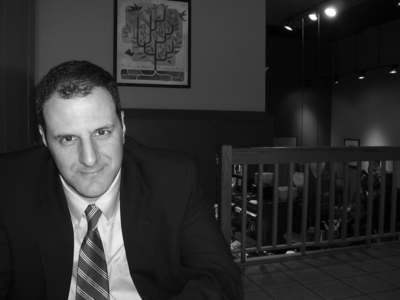 Debra and Clarence sit on the stoop of the home they are temporarily living inBy Kristin Pazulski
Debra and Clarence sit on the stoop of the home they are temporarily living inBy Kristin Pazulski
Photography by Adrian DiUbaldo
When Debra and Clarence Rhames laid their blankets down on the back patio of the King M. Trimble building in Curtis Park, little did they know the help they sought was just on the other side of the wall they were leaning against.
In late summer, the couple arrived in Denver on a Greyhound bus from Florida. With little money, but high hopes for Clarence landing work at a labor pool, they decided to stay on the streets when they first arrived in the Mile High city. They did not expect to still be without home and job at Christmas.
“I’ve never been through being homeless before until now, and I’m telling you now it’s not a good feeling. … I’m not a patient man,” said Clarence, who despite spending hours at the nearby labor pool has barely found a day’s worth of work. Fortunately, the couple chose the right place to “camp out” when they stopped at 30th and Champa Streets.
The King M. Trimble building, where they laid down their blankets that September night, houses the Economic Prosperity Center, a relatively new resource for Denver residents seeking financial and career help. EPC brings together five organizations, the Mile High United Way, the Office of Economic Development (OED), the Denver Housing Authority, the Denver Asset Building Coalition and the Rocky Mountain MicroFinance Institute to offer free financial education classes, career boosting lessons, skills assessment, tax services, college preparation courses, small business coaching and computer classes.
“We want to be a central hub, like a resource center for people,” said Danelle Herman, the marketing coordinator for EPC. “So it’s like a one-stop-shop.”


